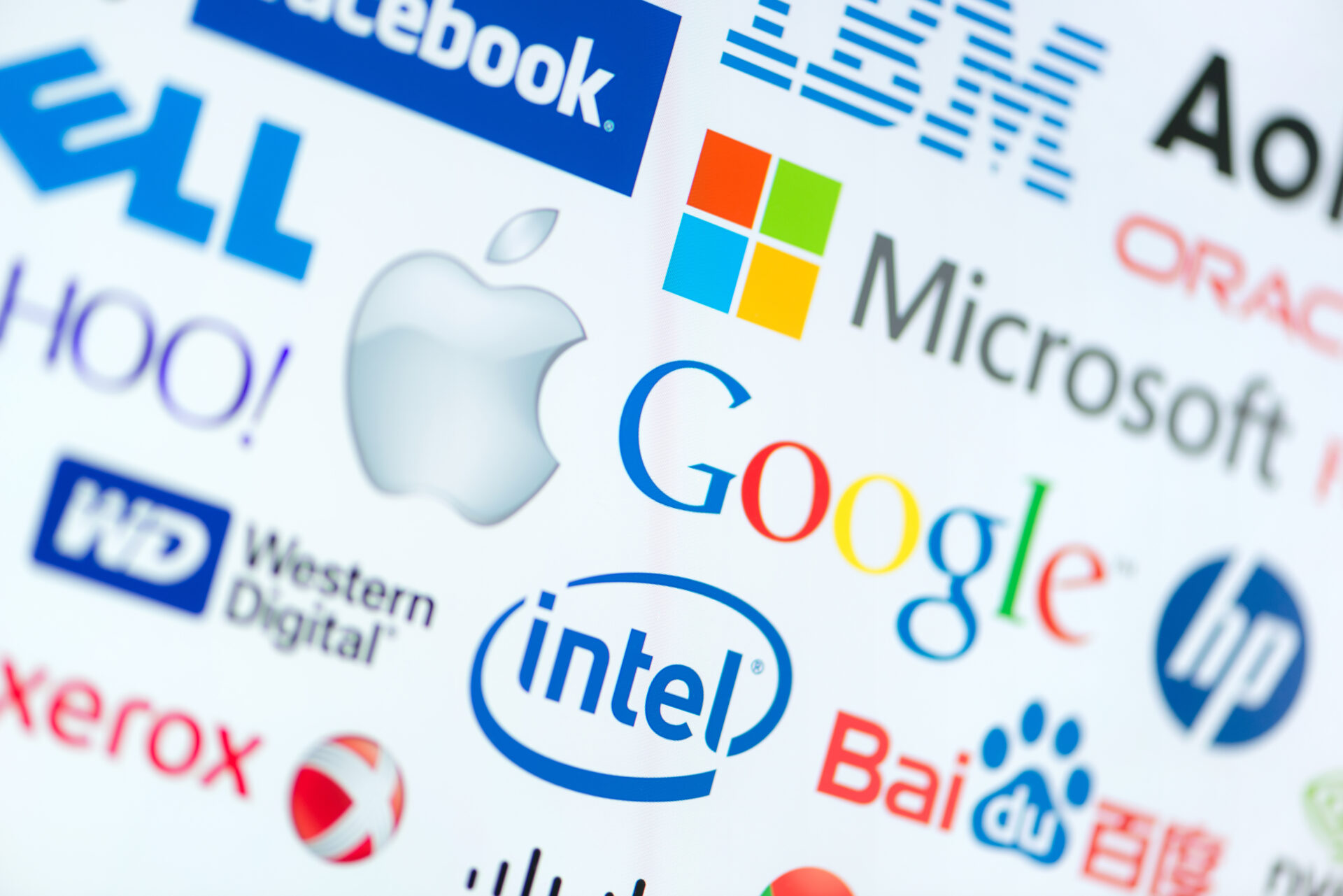
Parents vs. Platforms: Who Guards the Kids?
A federal judge has blocked Florida’s controversial social media ban for children under 14, dealing a significant blow to Governor Ron DeSantis’s efforts to limit youth access to platforms many parents believe are harmful.
At a Glance
- U.S. District Judge Mark Walker issued a preliminary injunction against Florida’s HB 3 law, calling it “likely unconstitutional”
- The law would have banned social media accounts for children under 14 and required parental consent for teens under 16
- Judge allowed provisions letting parents request deletion of their children’s accounts to remain in effect
- Florida Attorney General’s office plans to appeal the ruling to the 11th U.S. Circuit Court of Appeals
- Similar legal challenges against youth social media restrictions are occurring in other states including Georgia
Judge Rules Against Florida’s Restrictions on Free Speech Grounds
Chief U.S. District Judge Mark Walker granted a preliminary injunction against Florida’s HB 3 on Monday, halting what would have been one of the nation’s most restrictive laws on children’s social media use. The law, signed by Governor Ron DeSantis earlier this year, was scheduled to take effect January 1 but will now remain suspended while litigation continues. Judge Walker determined the ban likely violates First Amendment protections by restricting minors’ access to constitutionally protected speech.
In his ruling, Judge Walker acknowledged the genuine concerns many parents have about social media’s impact on children but concluded the law overreached in its approach. The judge allowed some portions of the law to stand, including provisions that require platforms to comply with parents’ requests to delete their children’s accounts. This partial enforcement preserves some parental control while the broader constitutional questions are settled in court.
A Florida federal judge has halted enforcement of a law in the state that would have barred most social media platforms from allowing youth to have accounts, saying it is a violation of the First Amendment’s protections on free speech. https://t.co/jBEdsYTDCu
— Reuters Legal (@ReutersLegal) June 3, 2025
Tech Industry Celebrates Victory as Florida Plans Appeal
The ruling represents a significant win for the tech industry groups that challenged the law. NetChoice and the Computer and Communications Industry Association filed the lawsuit arguing that such restrictions infringe on constitutional rights and create undue burdens for both users and platforms. These organizations have successfully challenged similar laws in other states, including Utah and California, establishing a pattern of judicial skepticism toward broad social media restrictions targeting youth.
“This ruling vindicates our argument that Florida’s statute violates the First Amendment by blocking and restricting minors — and likely adults as well — from using certain websites to view lawful content.”, said Matt Schruers.
Florida officials have vowed to fight the decision. The state Attorney General’s office announced plans to appeal to the 11th U.S. Circuit Court of Appeals, maintaining that the law represents a legitimate effort to protect children from potential addiction and mental health harms associated with social media use. Florida’s defense aligns with growing national concern about youth mental health in the digital age, with advocates pointing to research suggesting links between heavy social media use and increased rates of depression and anxiety among teenagers.
A federal judge Tuesday blocked a 2024 Florida law aimed at keeping children off social-media platforms, saying it likely violates First Amendment rights and pointing to the role of parents in policing social-media use.https://t.co/iZuqr3EXSb
— SR Press Gazette (@srpressgazette) June 3, 2025
Balancing Child Protection and Constitutional Rights
The legal battle highlights the tension between child protection measures and First Amendment guarantees. Florida’s defense team has framed HB 3 as a safety measure rather than a speech restriction, comparing it to age restrictions on alcohol and tobacco. However, critics contend that blocking entire platforms from young users goes beyond reasonable protection to outright censorship of constitutionally protected expression.
“Florida parents voted through their elected representatives for a law protecting kids from the harmful and sometimes lifelong tragic impacts of social media. These platforms do not have a constitutional right to addict kids to their products.”, said Jae Williams.
This case is part of a broader national trend as states grapple with regulating children’s access to digital platforms. In Georgia, a federal judge is currently considering a similar law requiring age verification and parental permission for users under 16. During those proceedings, Judge Amy Totenberg expressed skepticism about the constitutionality of such restrictions, citing precedents from other states where similar laws have been struck down. As these legal challenges move through the courts, they may eventually set nationwide precedents for how states can regulate minors’ online activities.



Stephen Russell
Parents should guard Social Media use for kids
Esp home schoolers, nationwide